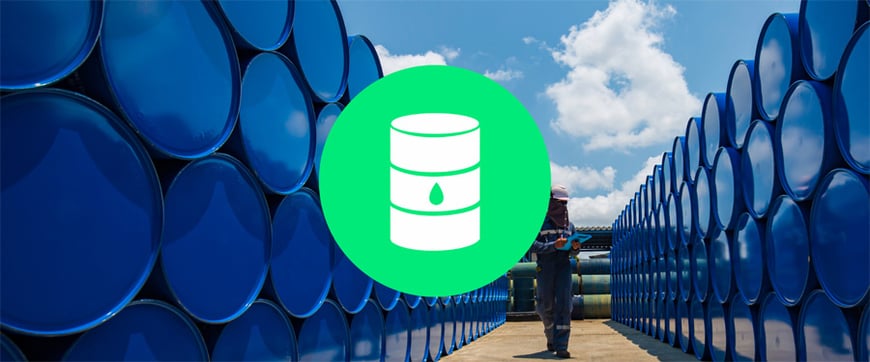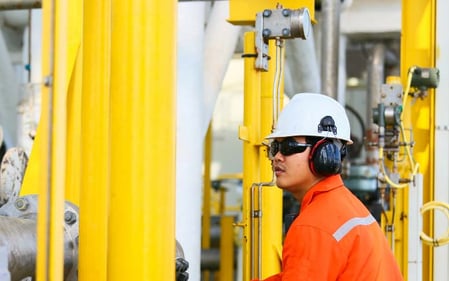Are you an Oil and Gas inspection Pro?
If you’re a oil and gas inspector looking to grow your business and reach new clients, Inspexion.com is the perfect solution for you. As a global inspection service marketplace, Inspexion.com connects you with clients who need your expertise.
As an accredited company or freelance professional registered on our platform, you’ll enjoy the following benefits:
Professionalism: Produce professional reports benchmarked to international reporting standards
Cost-effectiveness: Be the closest to your inspection site, so you don’t have to pay for travel costs.
Peace of Mind: Get paid once the client has validated the inspection report, so you take zero risk.
Join our family of inspectors worldwide who testify to our excellent service. Don’t miss out on this opportunity to expand your business and reach new clients. Create your account for free today and start bidding on inspection jobs!


Are you an inspection company or a freelancer?
Whether you’re an ISO 17065 global player, a regional, a domestic inspection company, a freelance quality pro, or you’re simply good at taking pictures or writing reports, you’re welcome to submit your application to become a registered vendor, all in 5 easy steps. Submit your application for review, and once approved, check out short or long term jobs you may want to bid for. Get alerts and submit bids directly from your phone!
Oil and gas inspections are critical processes that ensure the safe and efficient operation of facilities and equipment in the oil and gas industry. These inspections are typically carried out by government agencies, regulatory bodies, and industry professionals to verify compliance with environmental, safety, and operational regulations. The primary goals of oil and gas inspections are to prevent accidents, protect the environment, and maintain the integrity of equipment and infrastructure.
Here are some key aspects of oil and gas inspections:
Regulatory Compliance: Oil and gas operations are subject to a wide range of regulations at the local, state, and federal levels. Inspections help verify that companies are adhering to these regulations, which may include requirements related to emissions control, well integrity, workplace safety, and land use.
Environmental Protection: One of the most critical aspects of oil and gas inspections is assessing and mitigating the environmental impact of these operations. Inspectors evaluate whether companies are managing their waste, controlling emissions, and preventing spills to protect air and water quality.
Safety Standards: Safety inspections are essential to ensure that oil and gas operations are conducted safely for workers and the surrounding communities. This includes inspecting equipment like drilling rigs, pipelines, and refineries to identify potential hazards and ensure they are properly maintained and operated.
Equipment Integrity: Oil and gas facilities rely on various types of equipment, including pumps, valves, storage tanks, and pressure vessels. Regular inspections are necessary to assess the condition of this equipment and detect any defects or signs of wear and tear that could lead to leaks or failures.
Data Collection: Inspections often involve collecting data related to equipment performance, emissions, and operational practices. This data is crucial for evaluating compliance and making informed decisions about regulatory changes or operational improvements.
Routine and Unannounced Inspections: Inspections can be scheduled as routine checks to ensure ongoing compliance, or they may be conducted without prior notice to catch any violations that might be concealed in advance.
Documentation and Reporting: Detailed records of inspections, findings, and corrective actions are maintained and reported to regulatory authorities. This documentation helps track compliance over time and ensures transparency.
Third-Party Inspections: In some cases, third-party inspection companies are hired to conduct independent assessments of oil and gas facilities. This can help maintain objectivity and ensure that inspections are carried out to high standards.
Emergency Response Planning: Inspections may also assess a facility's emergency response plans, including its ability to handle incidents such as oil spills, fires, or chemical releases.
Continuous Improvement: The findings from inspections often lead to recommendations for improvements in operations, safety measures, and environmental protection. Companies are expected to address any deficiencies identified during inspections promptly.







